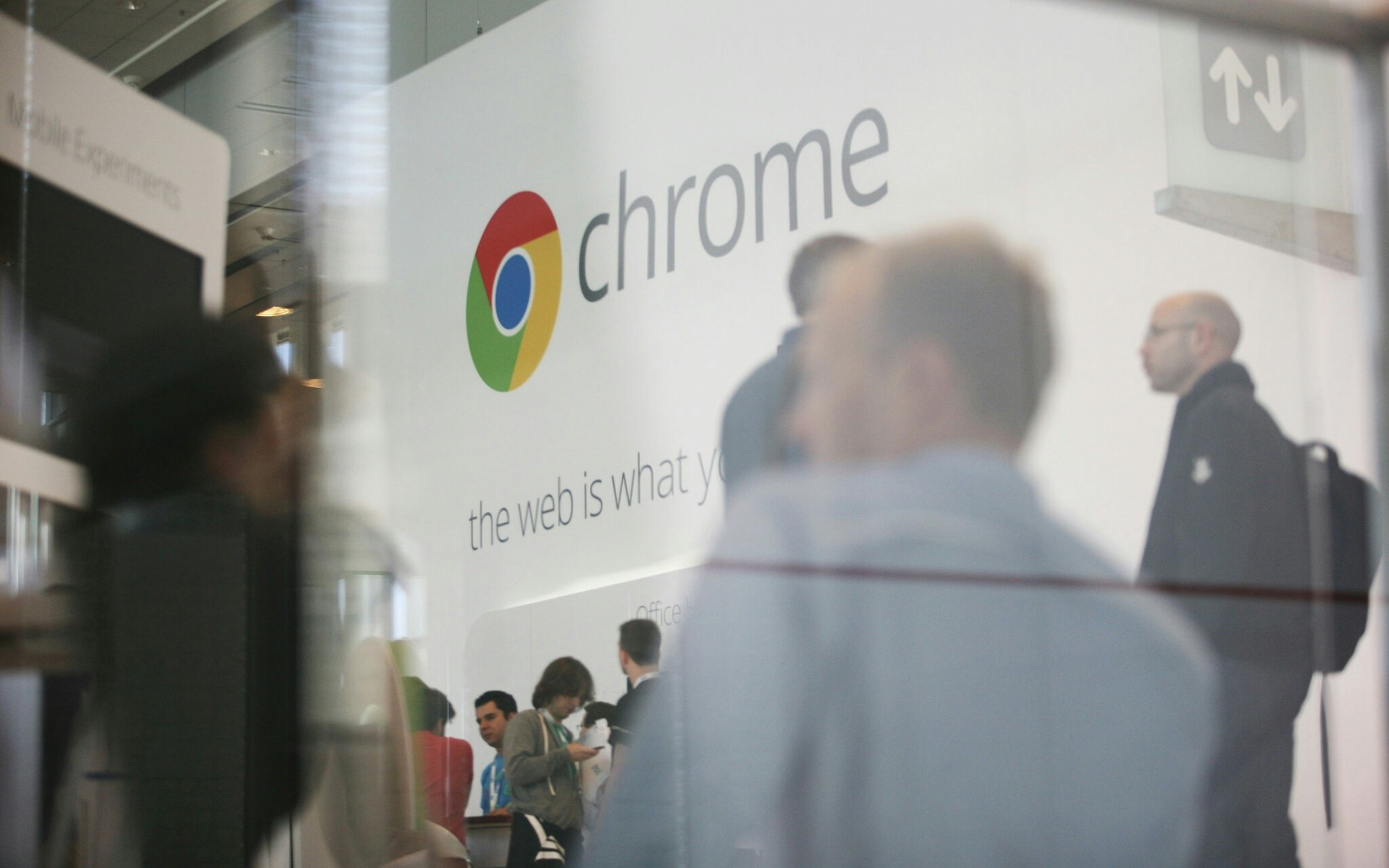Technology
Google's U-turn on cookies: Ad networks prepare for a battle over user consent
The search giant's change regarding cookies is causing tensions – the industry prepares for a wording dispute.

Google has given up its efforts to eliminate tracking cookies in its Chrome browser, but the snippets of code that have fueled the lucrative digital advertising industry for decades could still disappear.
Instead of banning cookies themselves, Google will leave this to the consumer. And if history is any guide, people might actually do it.
Google plans to introduce a prompt asking users whether they want to allow or reject cookies in Chrome, according to British regulators overseeing the process. This change in strategy followed a four-year attempt to abolish and replace tracking technology, a process marked by delays and resistance from the advertising industry.
Online publishers and ad tech companies are eager for details on how Google's user choice prompt will work. The exact wording and timing will drastically influence how many users agree and how much data the industry receives.
The advertising industry fears that the Alphabet subsidiary will introduce a strongly worded prompt similar to the "Ask App Not to Track" language that Apple released in 2021 as part of its privacy initiative, which harmed many companies in the digital advertising industry. Apple's prompt asks whether the user wants to allow the app owner to track their activity across other apps and websites. According to the mobile analytics company Adjust, US users reject tracking approximately 74% of the time when they encounter this language.
Google Chrome is the world's most popular web browser and the only major browser that still supports cookies. This makes it indispensable for the global digital advertising industry, which is expected to achieve $677 billion in annual spending this year.
A mechanism for opting out combined with a grim prompt could eliminate cookies under the guise of consumer choice," said mobile marketing analyst and venture capitalist Eric Seufert.
Other approaches have yielded varying results. When California mandated in 2020 that websites give consumers the option to opt out of the sale of their data, many publishers simply placed a link labeled "Do Not Sell or Share My Personal Information" at the bottom of their homepage. According to major publishers, fewer than 1% of website visitors clicked on it.
The advertising industry hopes that Google "takes into account the lessons and challenges from earlier efforts, such as those by Apple," said Rajeev Goel, CEO of Ad-Tech company PubMatic. "While the industry develops innovations to offer users choices and protect privacy, we must ensure that the solutions support the economics that enable a free and open internet.
If a large number of Chrome users reject cookies, it could have significant impacts on Ad-Tech companies and web publishers who lack access to consumer data. When Apple introduced its tracking prompt, Facebook lost $10 billion in revenue in 2022 alone.
Goel said his company would be less affected as advertisers are likely to reallocate money to other areas that allow targeting, such as streaming and retail media, sectors where PubMatic has expanded its business.
Google has not yet finalized the wording and timing of the introduction of the new option, said Google Manager Alex Cone in a conference call with ad-tech managers on Wednesday, according to a transcript reviewed by the Wall Street Journal. Cone told the participants that Google will continue to develop and test its "Privacy Sandbox," a suite of alternative technologies to the cookie.
A Google spokesperson declined to comment and referred to the company's blog post from last week, which stated that they were exploring an "approach that highlights user choice.
The cookies in question are code snippets that track the activities of internet users across websites so that marketers can target them with relevant ads and track their effectiveness. Other types of cookies, known as first-party cookies, collect basic details such as login information for specific websites.
Chrome users can already reject cookies, but only about 8% do so, according to estimates from Ad-Tech company Index Exchange. To choose this option, users must look for it in their browser settings.
The British competition authority, which monitors Google's cookie policies, has stated that it will carefully review the company's new approach and seek feedback from the industry. Google has agreed to work with the authority on all changes and implement them globally.
We could end up in a world where cookies are effectively obsolete because consumers reject them," said Anthony Katsur, CEO of IAB Tech Lab, an ad-tech trade group.
Ad tech managers also want to know whether Google will make it just as easy to disable Google's own data collection, such as in web searches or YouTube ads. If not, this move could benefit Google, they said.
It's hard to predict what Google will do next," said Jeff Green, CEO of ad-tech company The Trade Desk, a competitor of Google. "They are caught between trying to promote privacy while simultaneously monetizing their own content like YouTube, and trying to appease regulators.
Google stated that it has promised not to give preferential treatment to its own products under its agreement with the UK regulator, the Competition and Markets Authority (CMA). The CMA did not respond to a request for comment.
In turn, web publishers have invested in systems and strategies to collect information about their customers, in preparation for the disappearance of cookies.
Publishers that rely heavily on advertising revenue have the most to lose, said Matt Prohaska, CEO of Prohaska Consulting, a company that works with web publishers and brands. They are trying to determine the impact on their revenue if Google introduces Apple-like prompts.
There is a lot of frustration about the time, money, and energy that were invested in creating something for a new world that will now be different again," said Prohaska.




